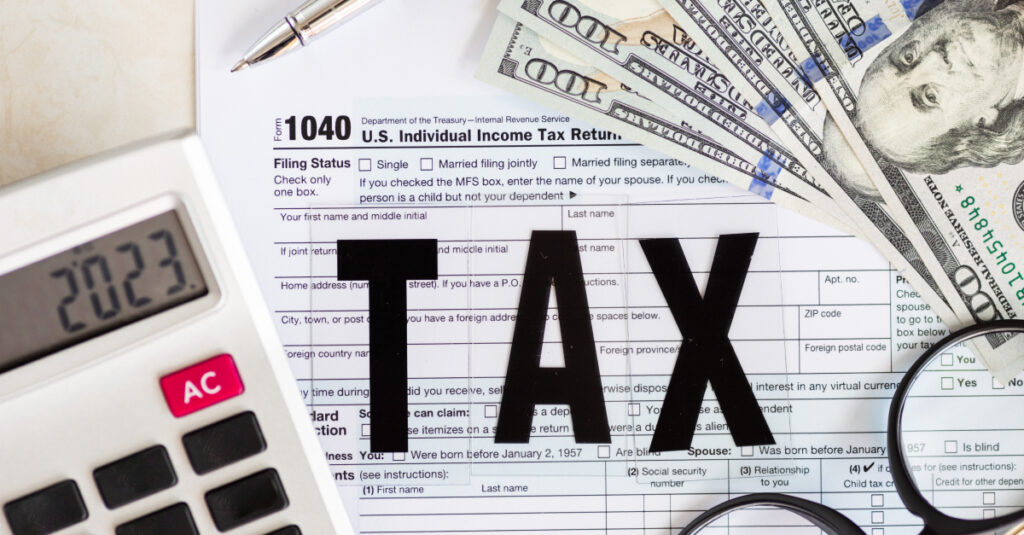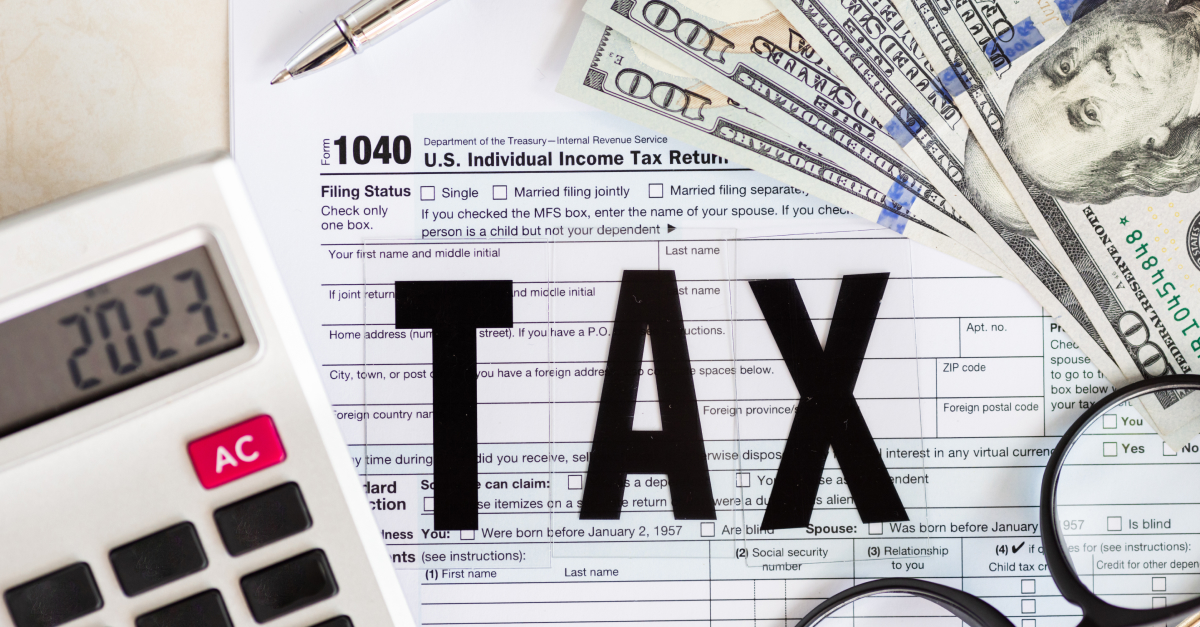
Have you ever wondered if you can deduct travel expenses from your taxes? As a business owner or self-employed individual, you likely incur various travel costs for a year. The question of ‘are travel expenses tax deductible?’ is common among travelers and businesses. But what exactly qualifies as a deductible travel expense? And how do you properly document these costs to claim them on your return?
This guide will walk you through everything you need about deducting travel expenses for tax purposes. We’ll outline the IRS requirements, the types of travel costs you can and can’t deduct, and the recordkeeping you’ll need to do. With the right understanding of the rules around deducting travel expenses, you can maximize your tax savings and take advantage of business travel expense deductions.
Understanding Tax Deductions for Business Travel Expenses
For those who travel for business purposes, the ability to deduct certain expenses can be a significant financial relief. Tax deductions allow you to reduce your taxable income by subtracting certain expenses from your gross income.
The expenses must be related to operating your business or producing income. By claiming tax deductions, you lower your taxable income and reduce the amount of tax you owe. Claiming every deduction you qualify for is crucial to maximizing your tax savings.
Deductions directly reduce your tax liability. The most common deductions for businesses and self-employed individuals are operating expenses, equipment purchases, mileage, travel, meals, home office use, insurance, and more.
But what exactly do we mean by ‘business travel expenses are tax deductible ‘?
Are Travel Expenses Tax Deductible?
Yes, you read that right. Business travel expenses are tax deductible under certain circumstances. The Internal Revenue Service (IRS) allows taxpayers to deduct ordinary and necessary expenses for their trade or business, including travel expenses, provided they meet certain criteria.
Criteria for Deducting Business Travel Expenses
Now that you know business travel expenses can be deductible, you must understand the criteria you must meet to qualify for these business travel expense deductions. Here are some key points to keep in mind:
- Primarily Business-Related: Your travel must be mainly for business purposes to be eligible for a deduction. This means that at least 50% of your trip must be spent on activities directly related to your trade or business.
- Reasonable and Necessary: The expenses you incur during your business travel must be reasonable and necessary. This includes costs such as airfare, lodging, meals, and transportation.
- Documentation: Keeping accurate records and receipts is crucial when deducting travel expenses. The IRS requires documentation to substantiate your claims, so retain all relevant receipts and documents.
- No Personal Component: Expenses with a personal component cannot be deducted. For example, if you extend your business trip for personal reasons, only the expenses directly related to the business portion of the trip are deductible.
Types of Deductible Business Travel Expenses
Now that you understand are travel expenses tax deductible or not, let’s explore the specific types of costs that may qualify for business travel expense deductions:
Transportation Costs: This includes airfare, train tickets, rental cars, and other transportation expenses incurred while traveling for business purposes.
Lodging: Expenses related to lodging, such as hotel stays, are generally deductible as long as they are reasonable and necessary for the business trip.
Meals: While not all meal expenses are fully deductible, you can typically deduct 50% of the cost of meals incurred during business travel.
Incidental Expenses: This category includes tips, baggage fees, and other incidental costs directly related to your business travel.
How to Document Travel Expenses
To know if business travel expenses are tax deductible, you must have proper documentation. Here’s what you need to keep track of:
Receipts
Save receipts for all expenses over $75. This includes lodging, airfare, rental cars, meals, and other qualifying expenses. Ensure the receipt shows the amount, date, place, and business purpose.
Mileage Logs
Keep a mileage log to track business miles driven. Your log should include the date, destination, purpose of trip, and number of miles for each trip. The IRS provides a mileage log template that you can use.
Purpose of Trip
Document the business purpose for each trip. Note clients’ names, specific business objectives, and any other details showing the trip was for business rather than personal reasons.
With proper documentation and recordkeeping, you’ll have what you need to deduct eligible travel expenses and get the maximum business travel expense deduction. Maintaining detailed records also makes tax time easier.
Per Diem Rates
The IRS provides per diem rates that you can use to calculate your deductible meal and incidental expenses when you travel for business purposes.
A per diem rate is a fixed amount that covers daily travel expenses such as lodging, meals, and incidentals. The rates vary by location.
Instead of tracking every expense, you can use the per diem rates to calculate your deductible costs. This simplified method can save time and make tax reporting easier.
The IRS per diem rates include:
- Lodging per diem – covers the cost of lodging at your travel destination
- Meal and incidental expense (M&IE) per diem – covers costs like meals, tips, and fees for services like laundry or dry cleaning
To use the per diem method:
- Identify the per diem rates for the areas where you traveled. The rates are published annually on the IRS website.
- For each day of travel, multiply the applicable rates by the number of days you spent in that area.
- Add up the total per diems for the year. Instead of tracking actual costs, you can claim this amount as a deductible travel expense.
The per diem rates are designed to match average costs closely. The IRS rules still require you to prove your travel’s time, place, and business purpose, but you don’t need to save detailed receipts when using the per diem method.
Are Travel Expenses Tax Deductible? – The Final Verdict
In conclusion, the answer to the question “Are travel expenses tax deductible?” is a resounding yes, especially regarding business travel expenses. You can save significant money on taxes by understanding the criteria for deducting these expenses and employing strategic planning and documentation practices.
By enlisting the assistance of a travel management company such as Itilite, you will get all the details about business travel, including taxes. Itilite is a new-age SaaS-based corporate travel management solution that helps business travelers and companies make business travel seamless. You can also get answers to any questions related to business travel with itilite, including ‘are travel expenses tax deductible or not?’.
To know more itilite, book a free demo now!













